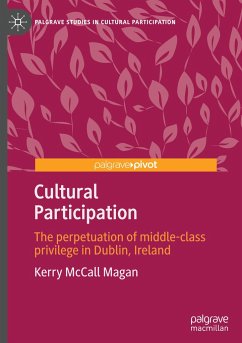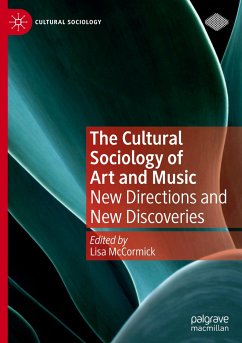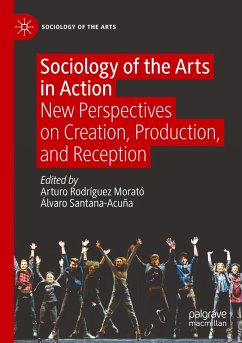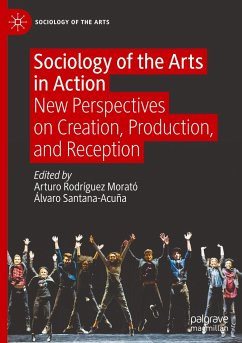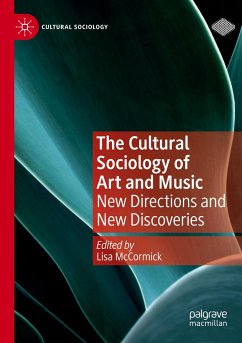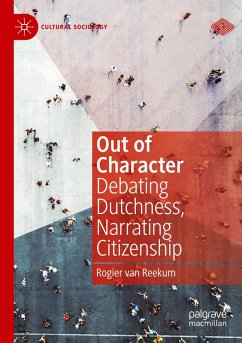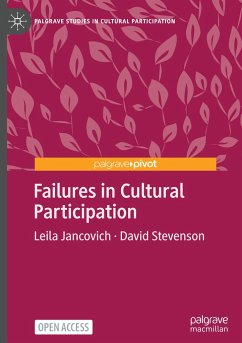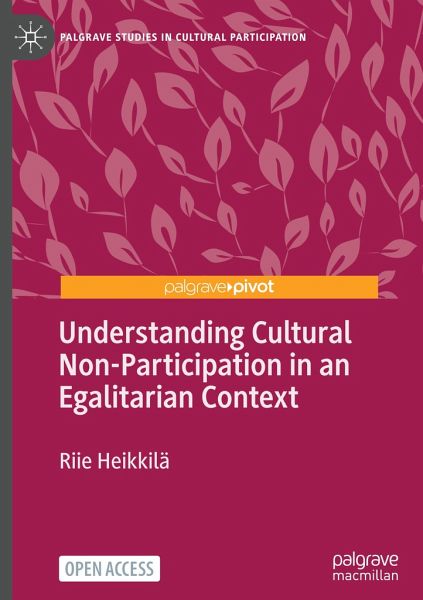
Understanding Cultural Non-Participation in an Egalitarian Context

PAYBACK Punkte
16 °P sammeln!
This open access book uses a rich data set, from individuals whose background profiles statistically predict strong cultural non-participation, to explore the most salient lifestyles and symbolic boundaries drawn in these potentially disengaged groups.The book departs from a theoretical framework in which cultural practices and cultural participation in their most visible and tangible form are seen as manifestations of cultural capital and power, to show empirically that people and groups dubbed passive in many policy documents and scholarly research are actually relatively active, both in ter...
This open access book uses a rich data set, from individuals whose background profiles statistically predict strong cultural non-participation, to explore the most salient lifestyles and symbolic boundaries drawn in these potentially disengaged groups.The book departs from a theoretical framework in which cultural practices and cultural participation in their most visible and tangible form are seen as manifestations of cultural capital and power, to show empirically that people and groups dubbed passive in many policy documents and scholarly research are actually relatively active, both in terms of traditional cultural participation and different kinds of social and anthropological understandings of participation.



